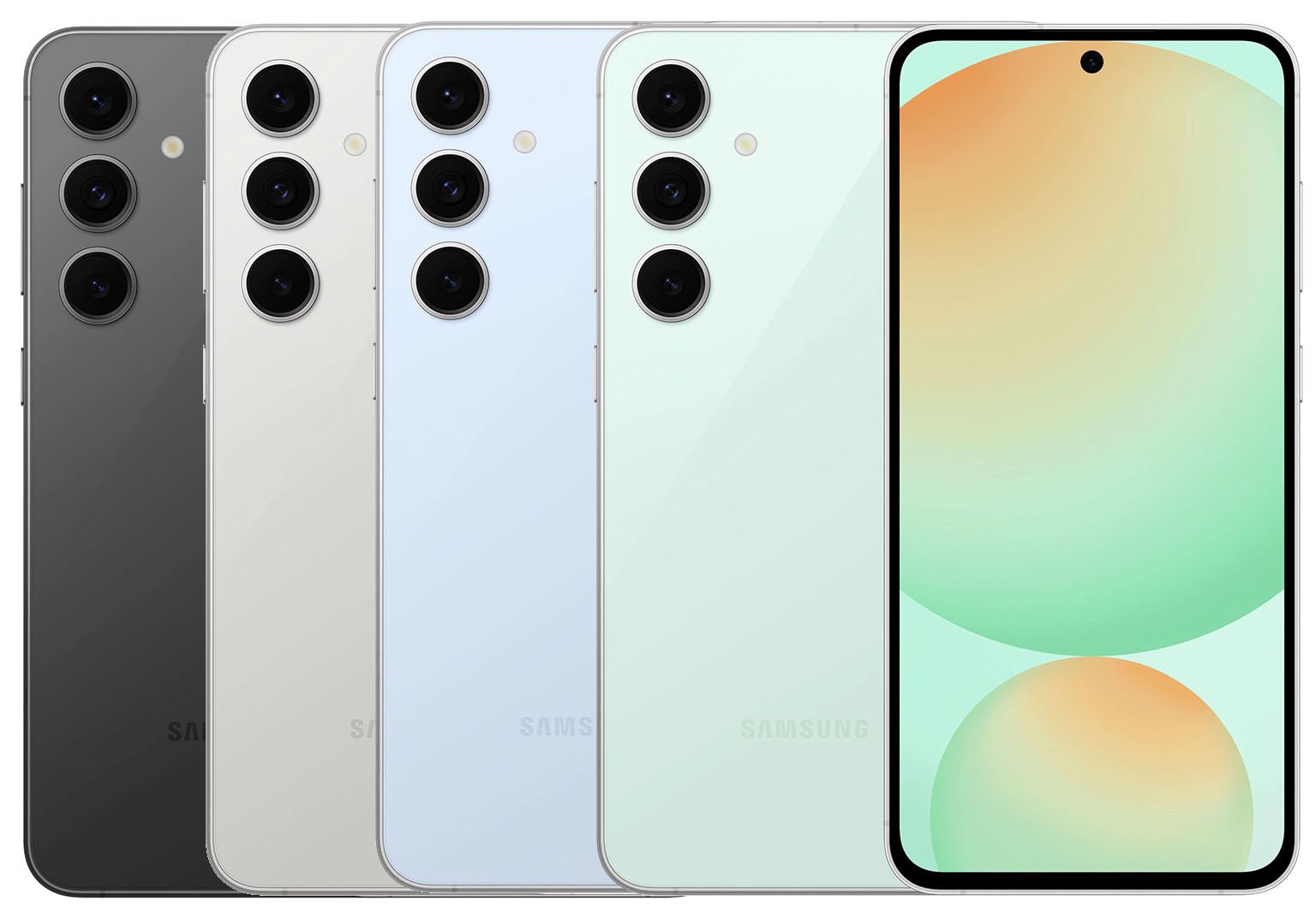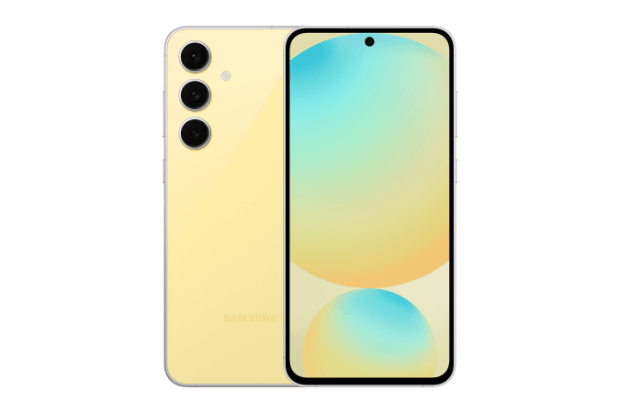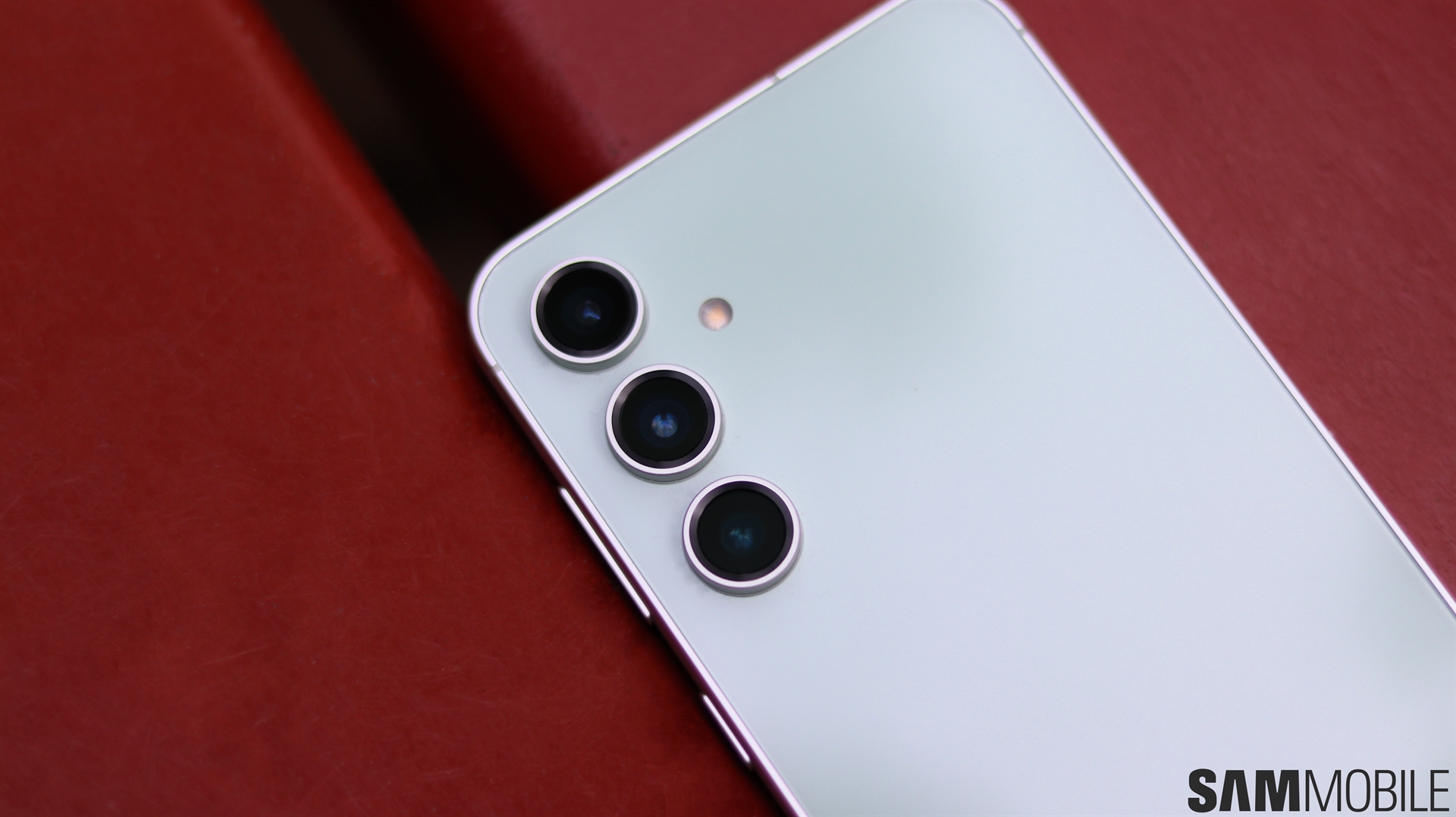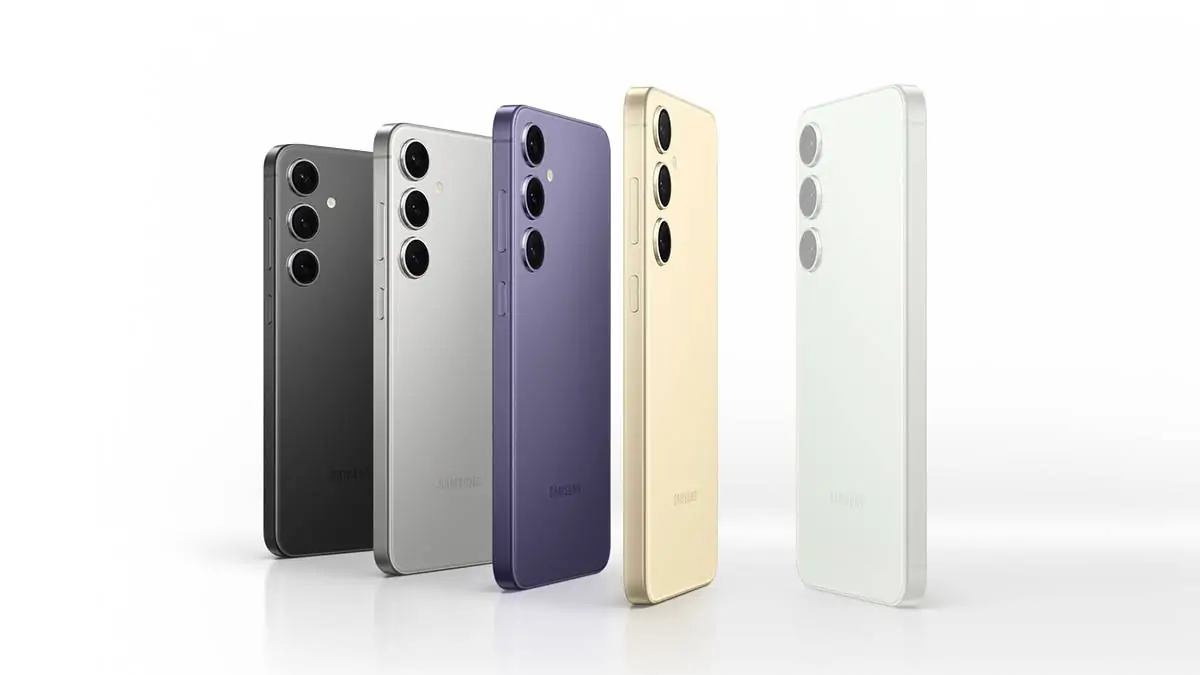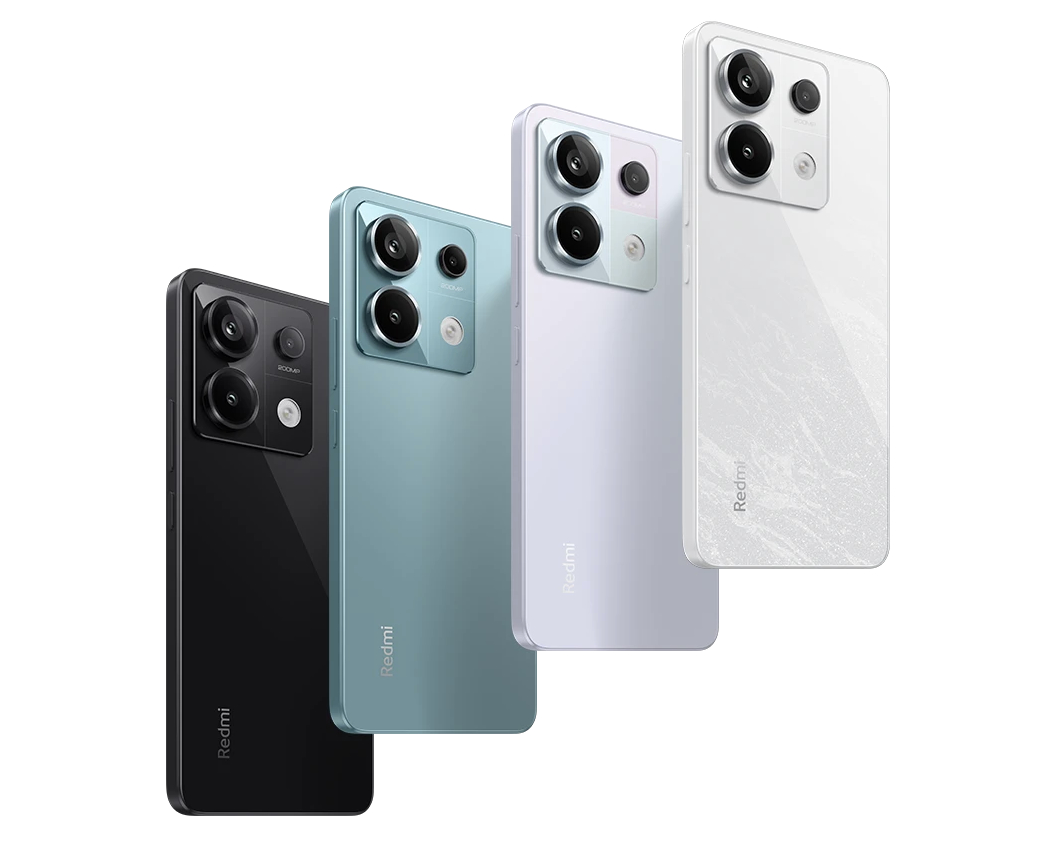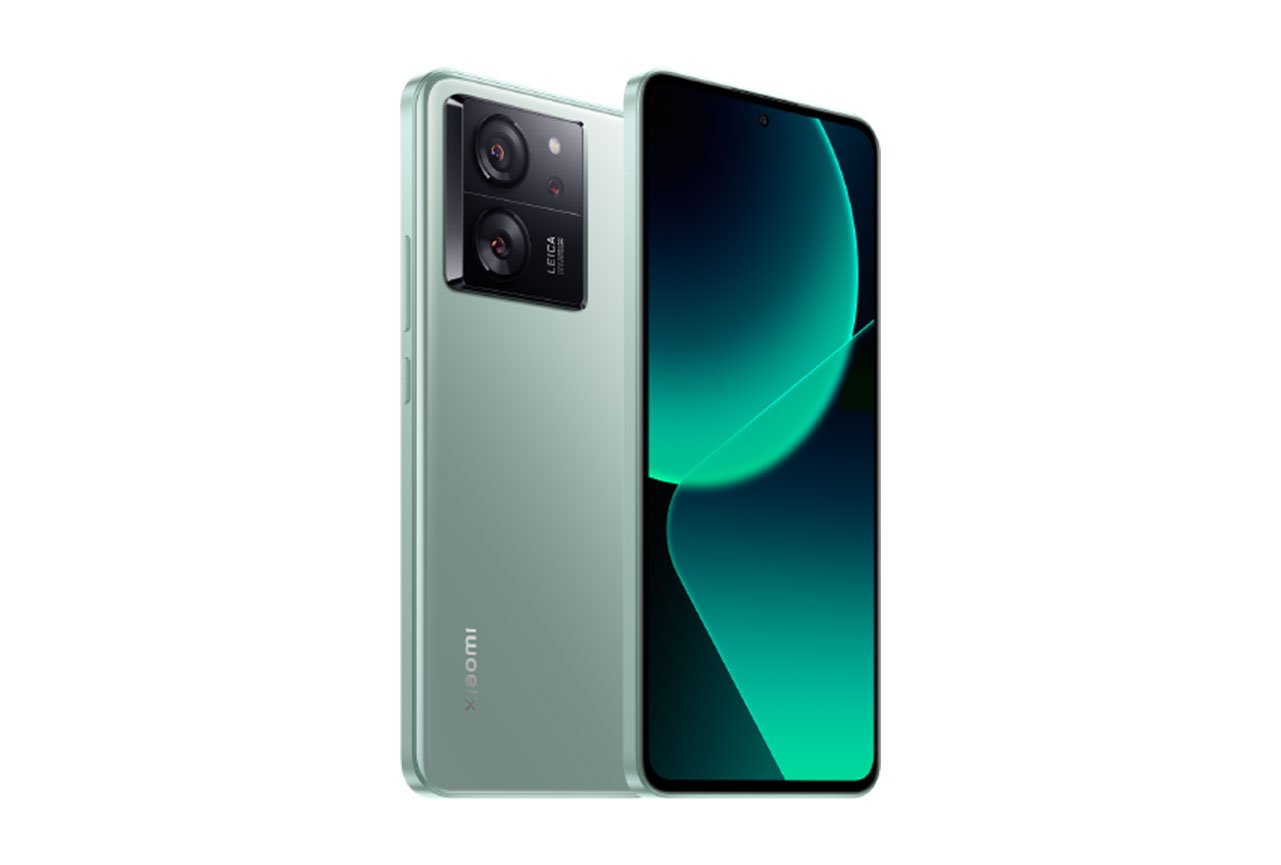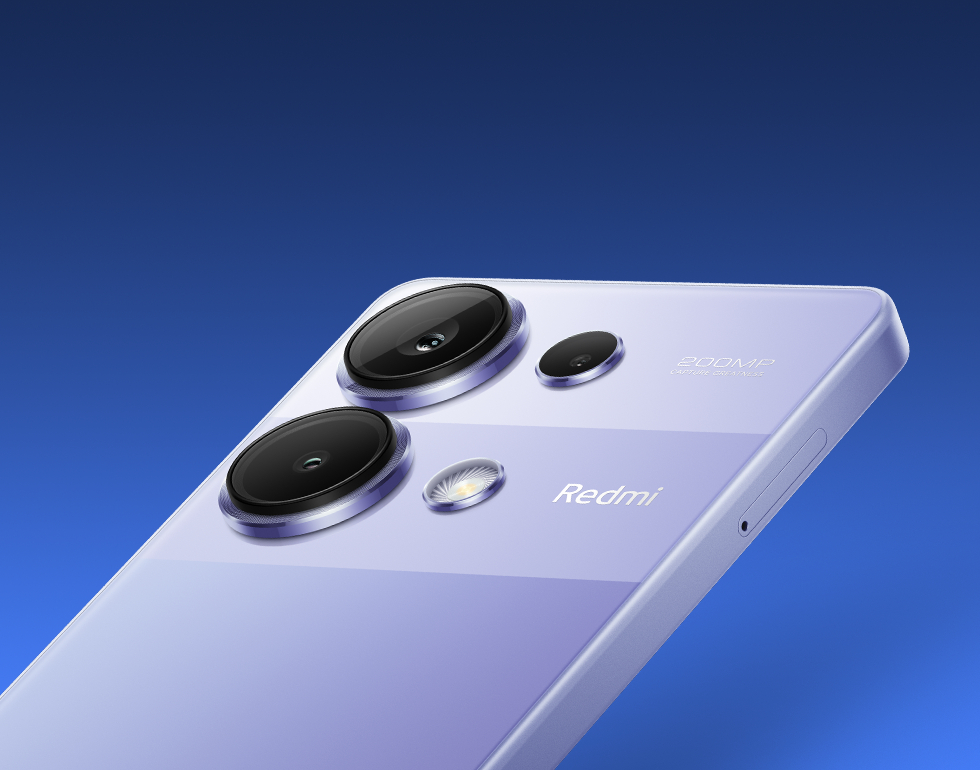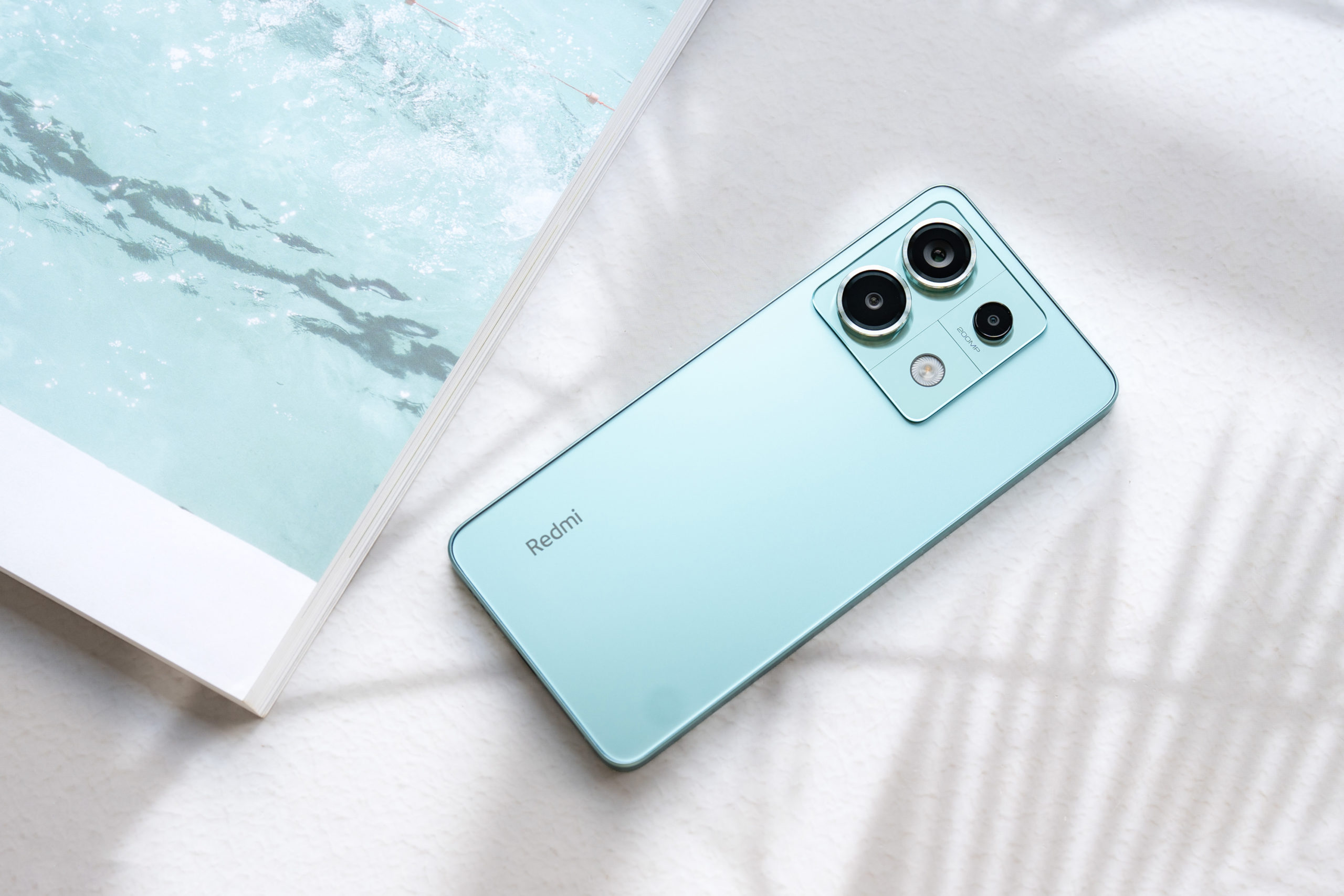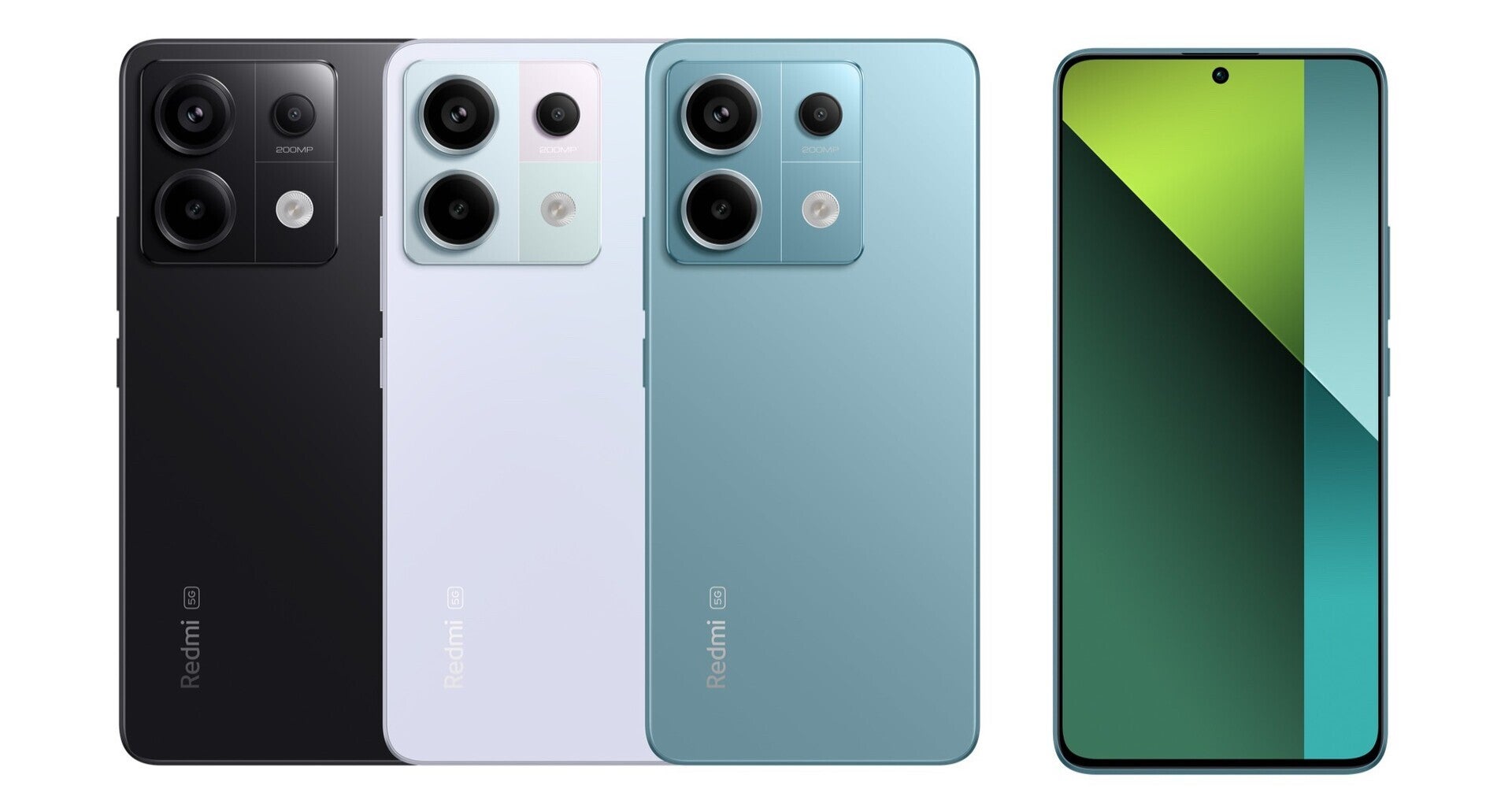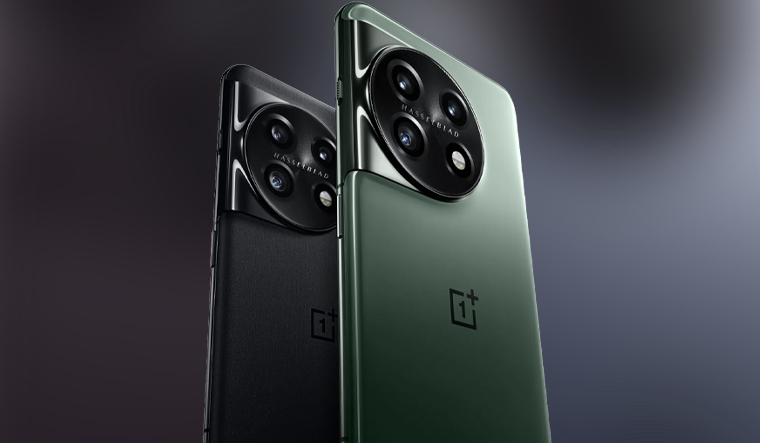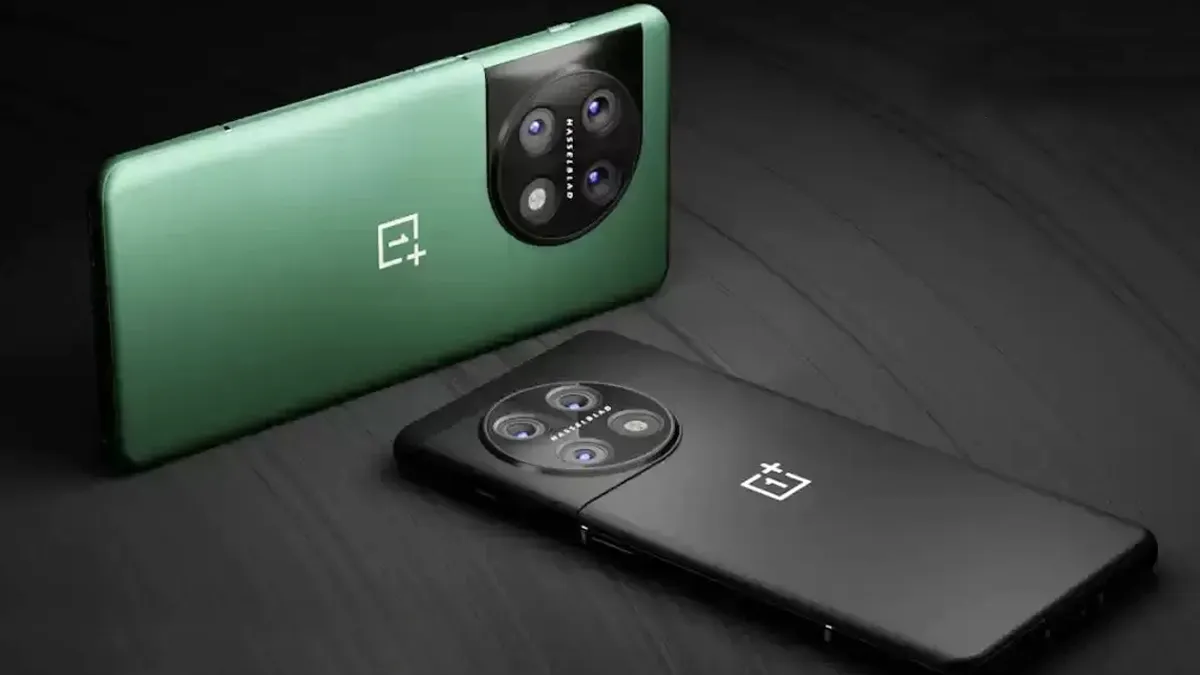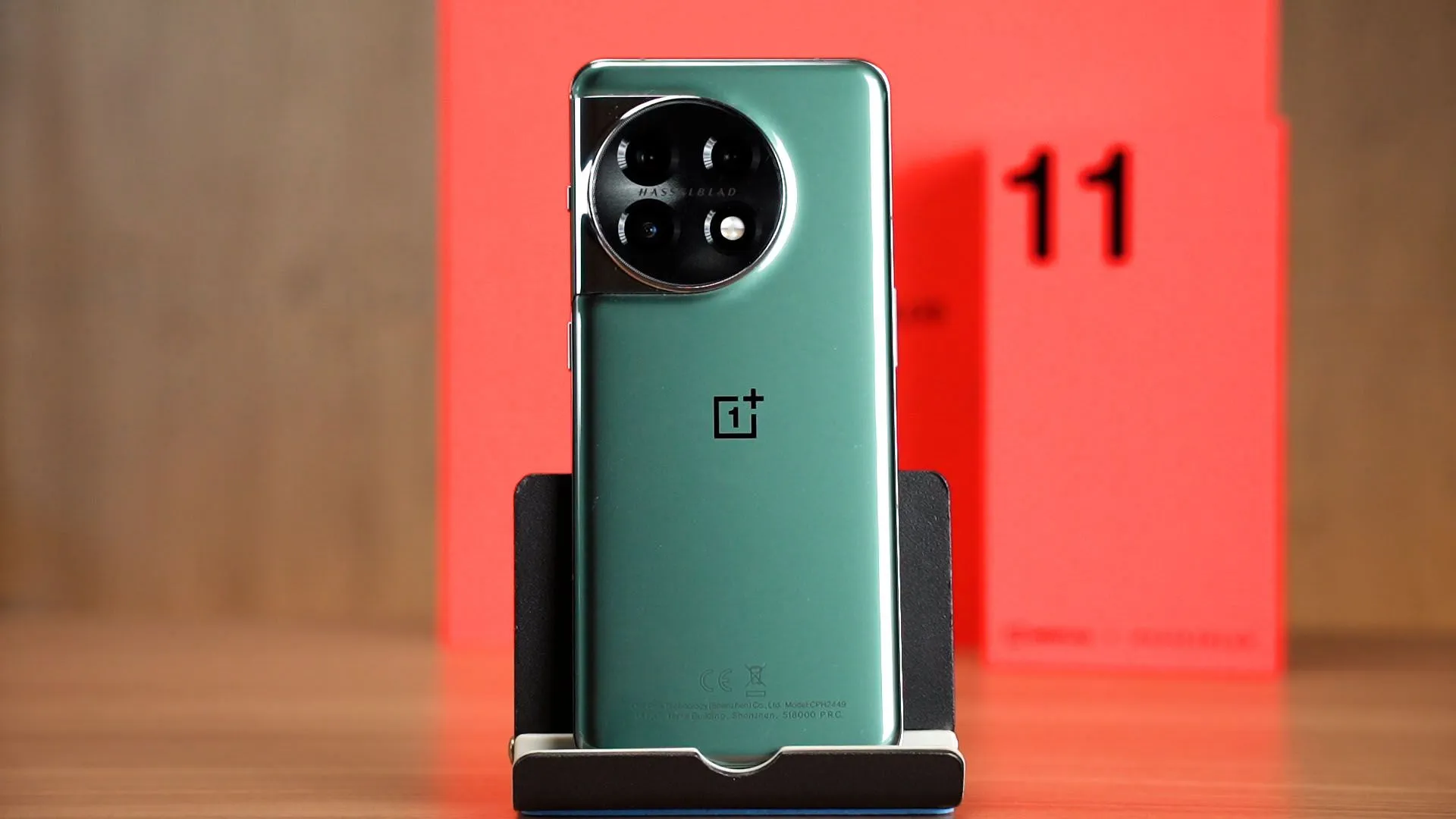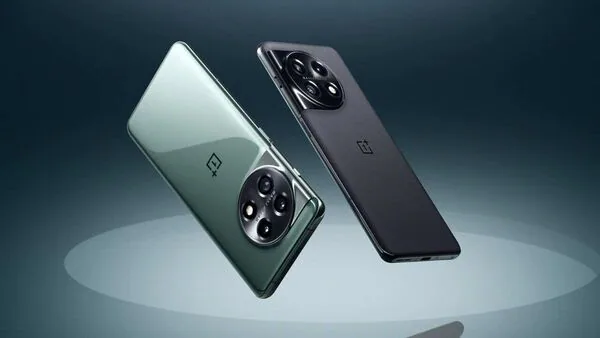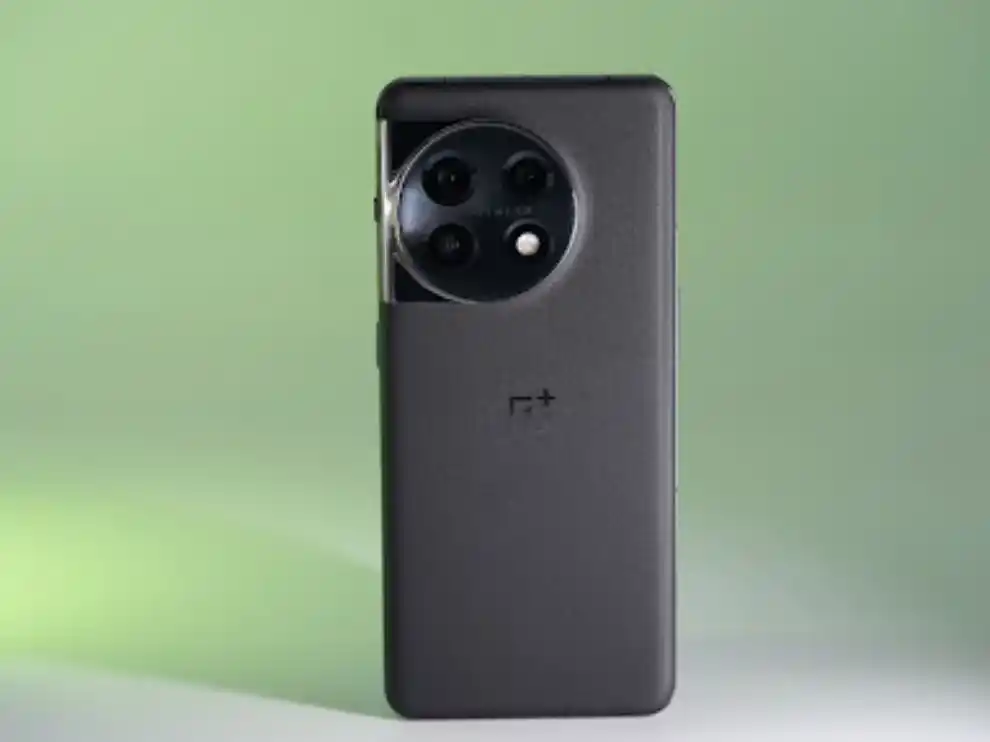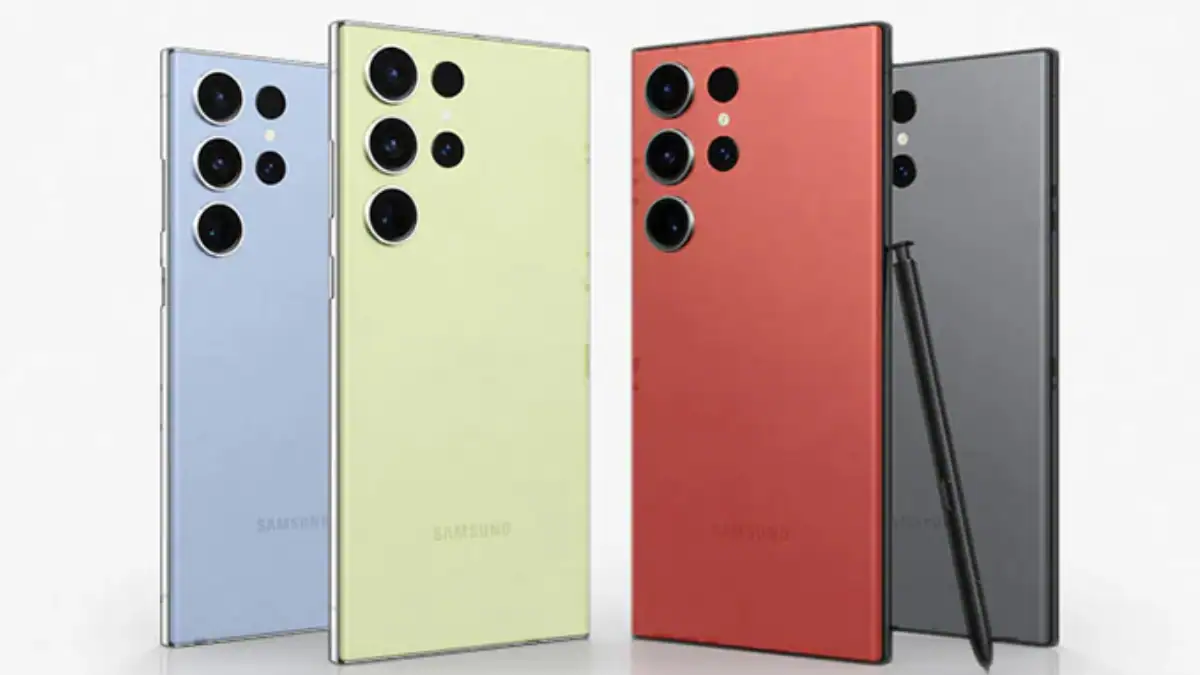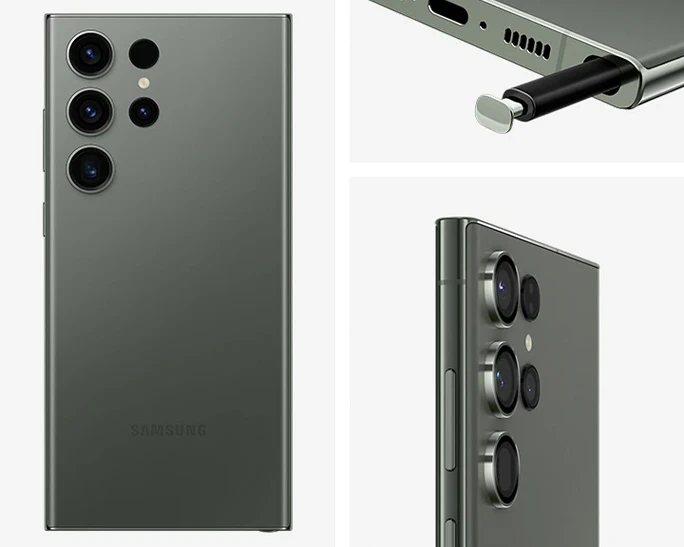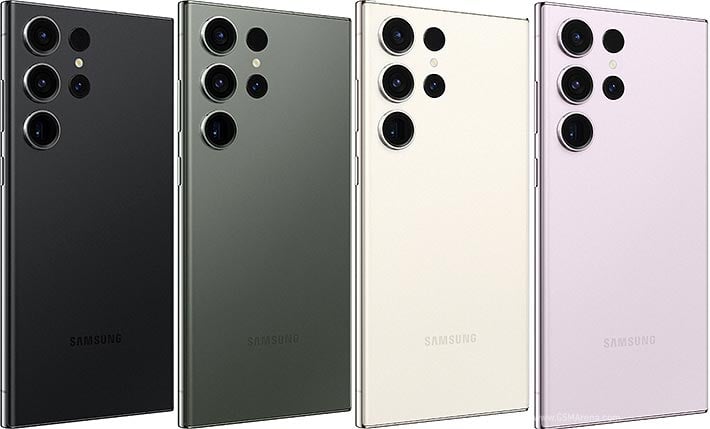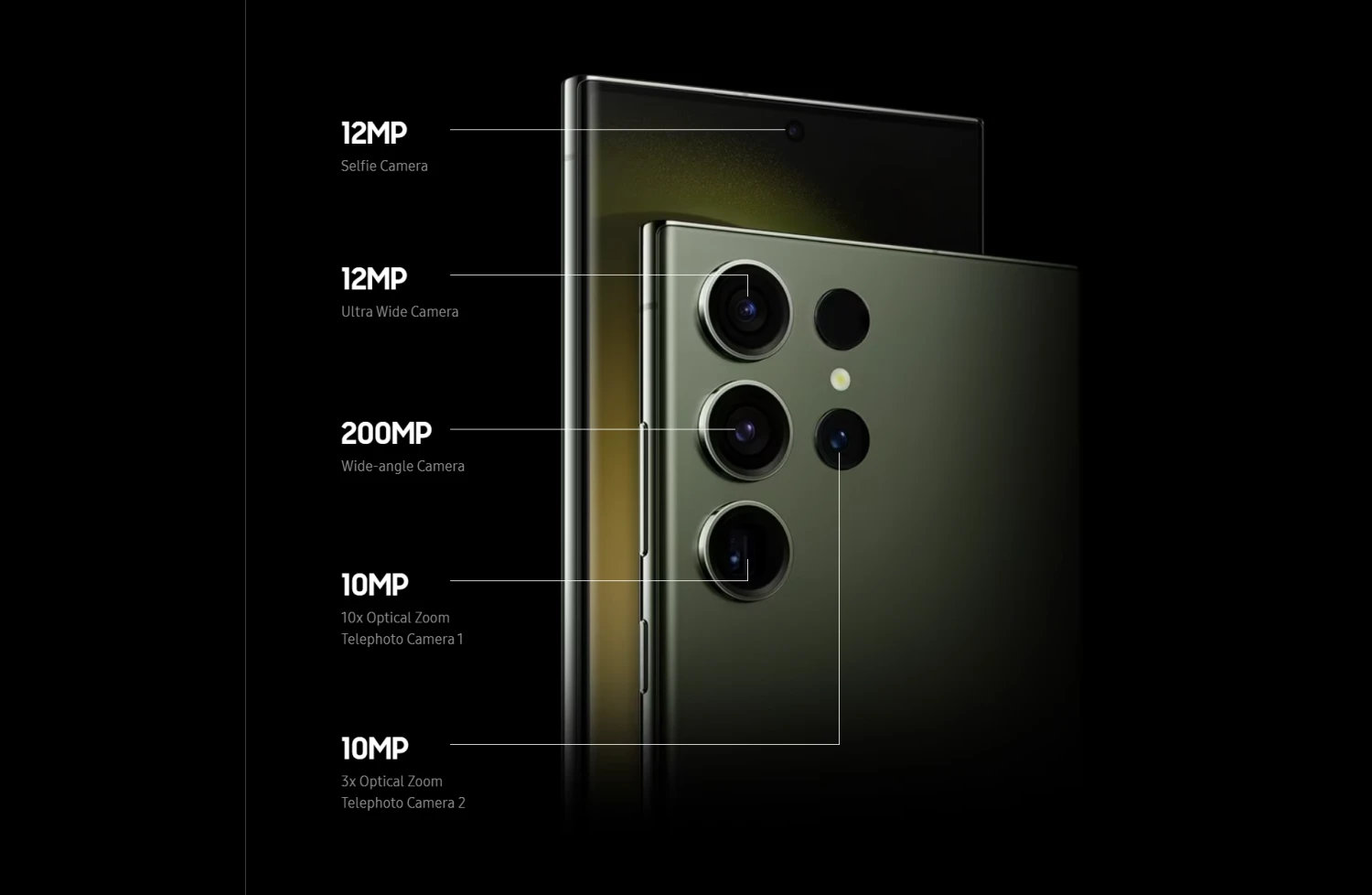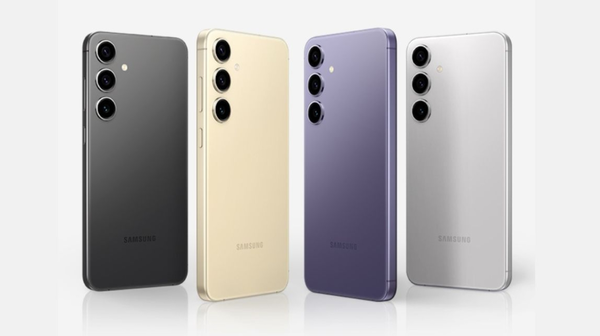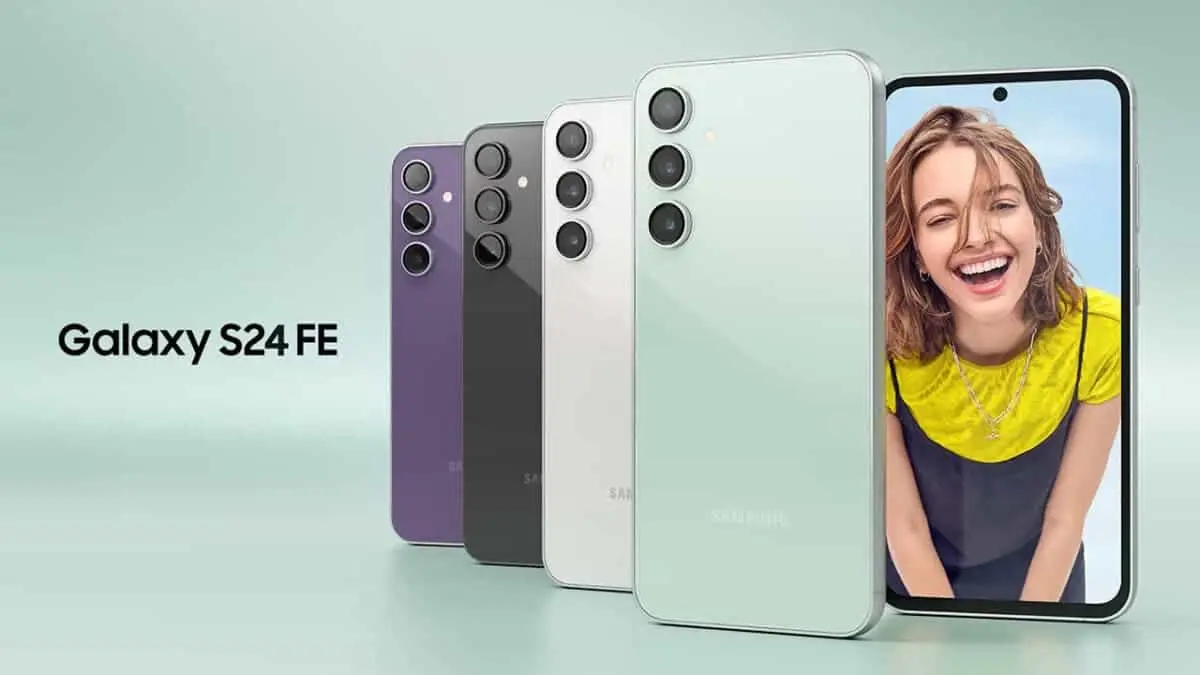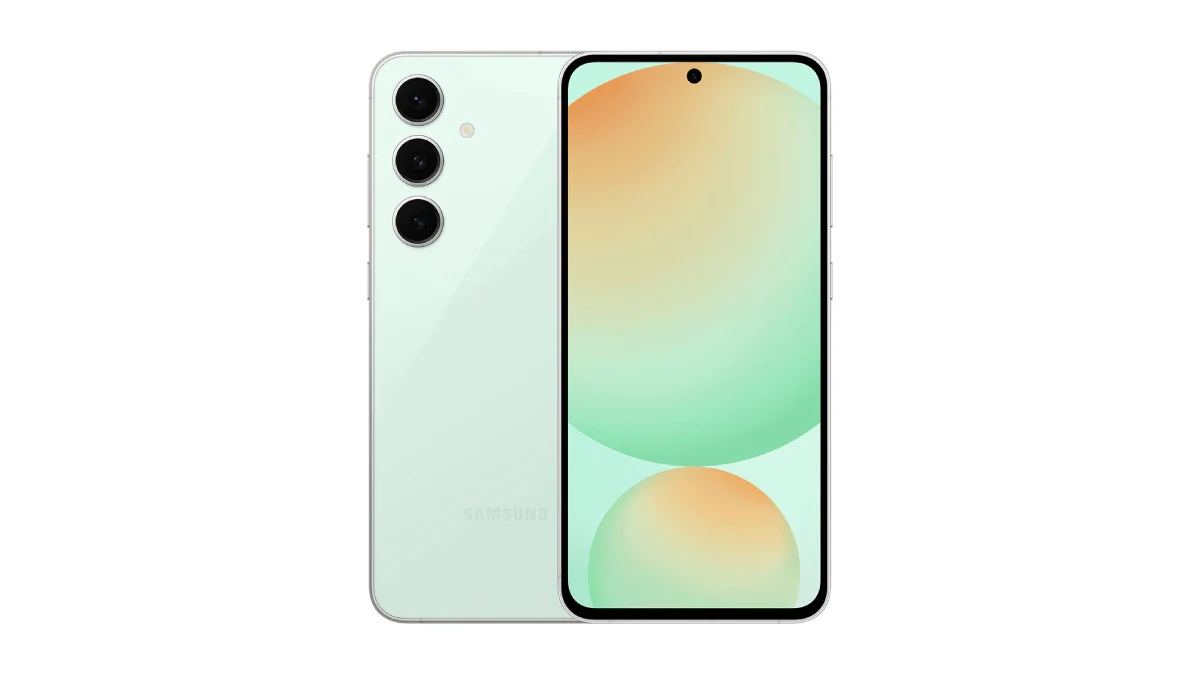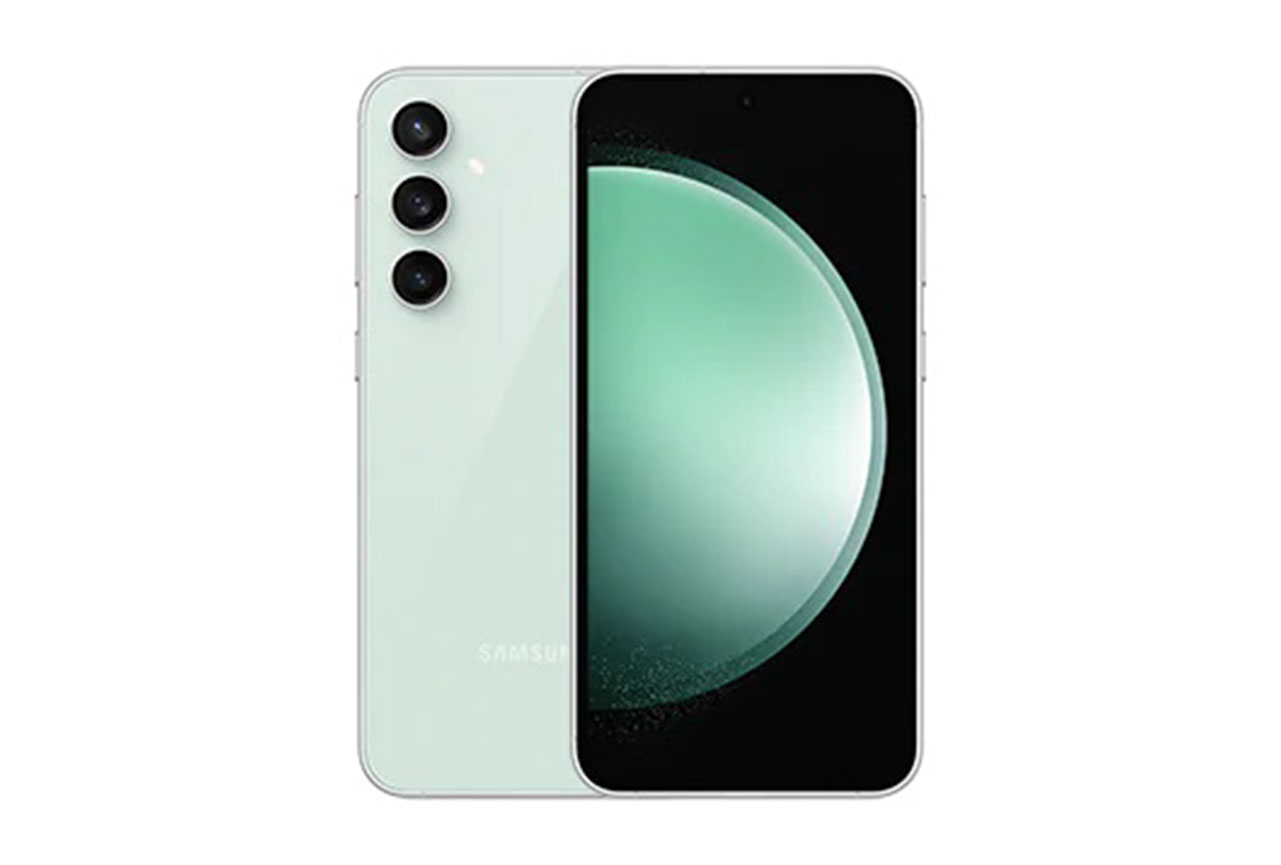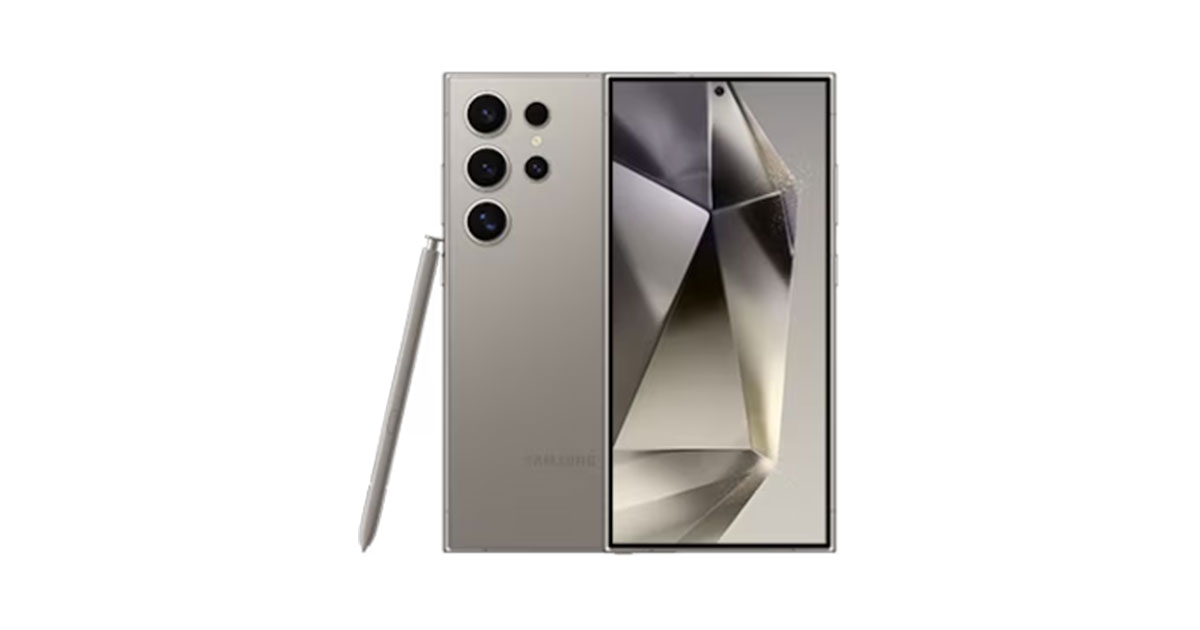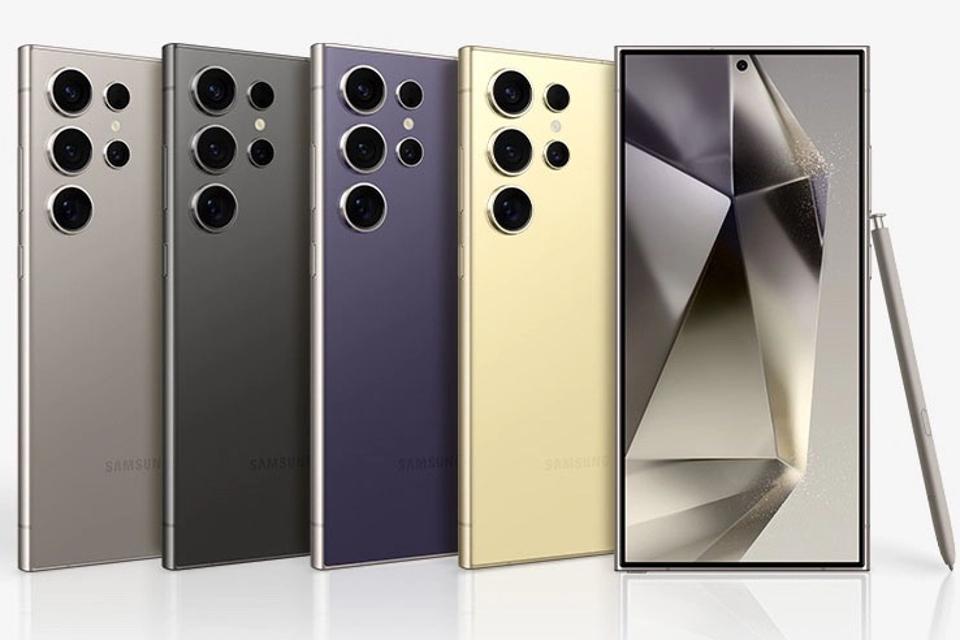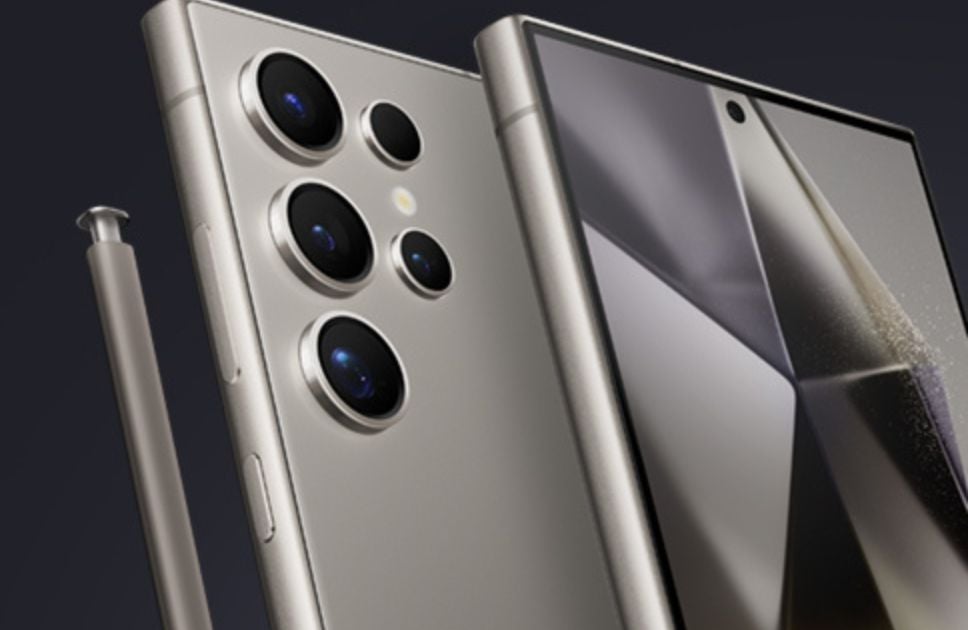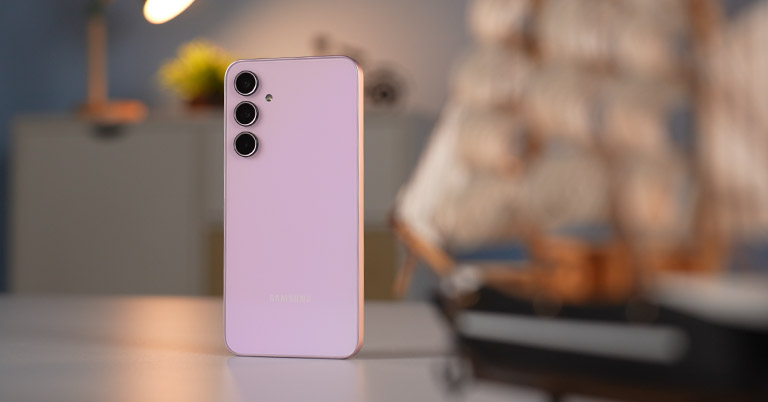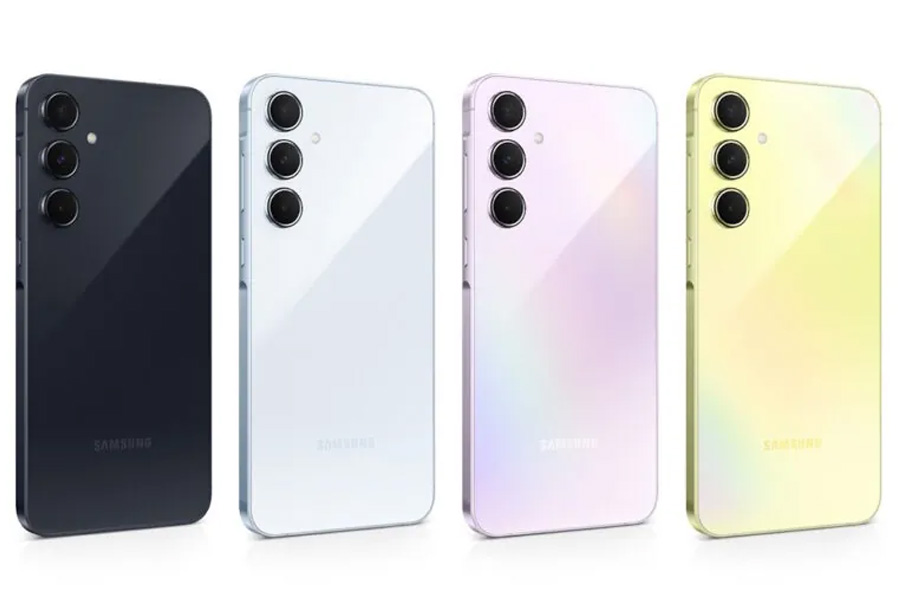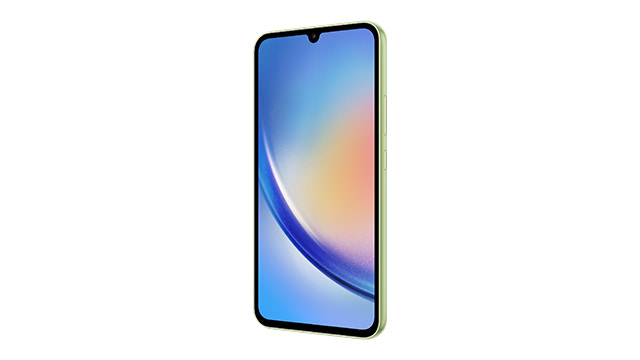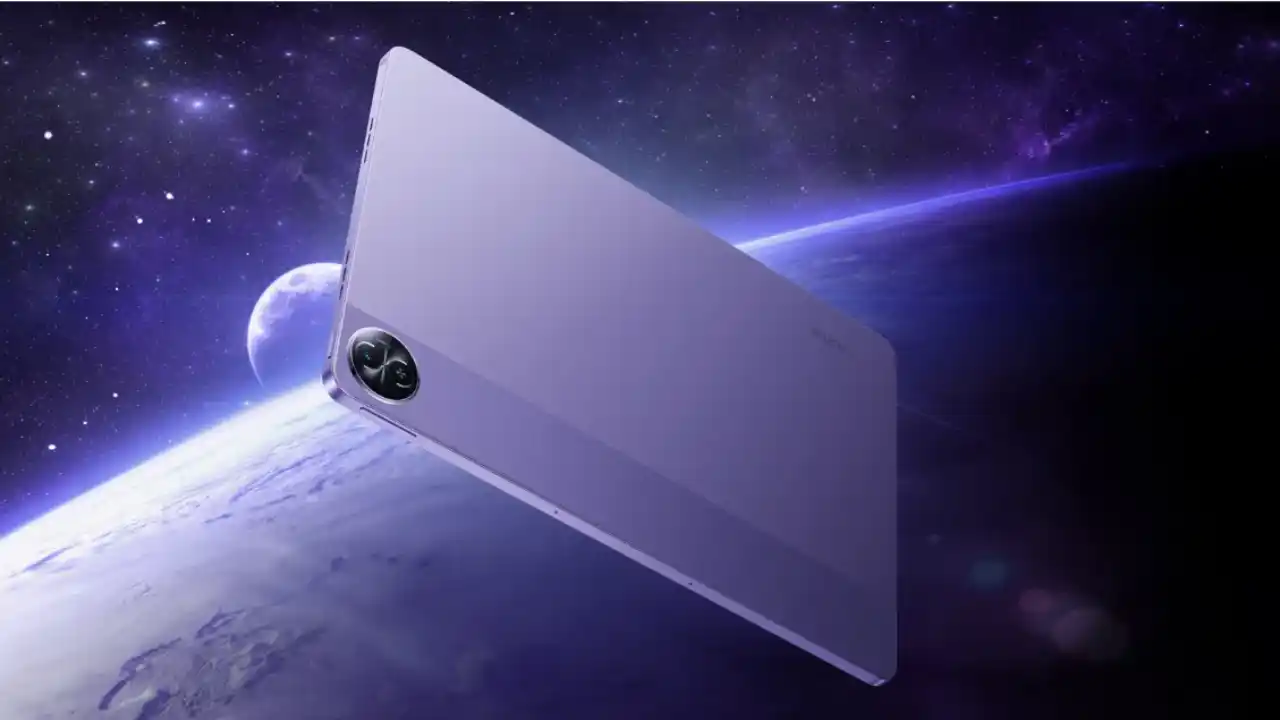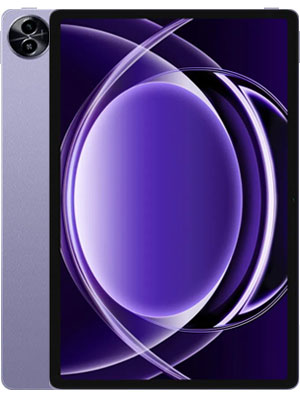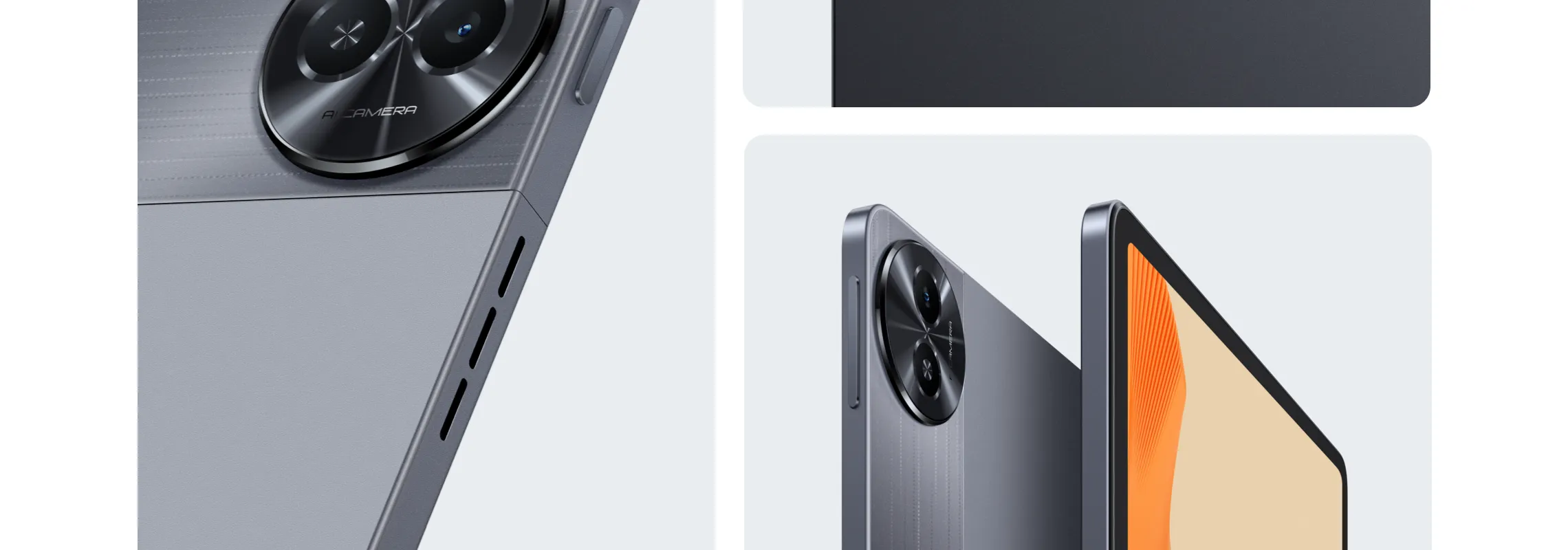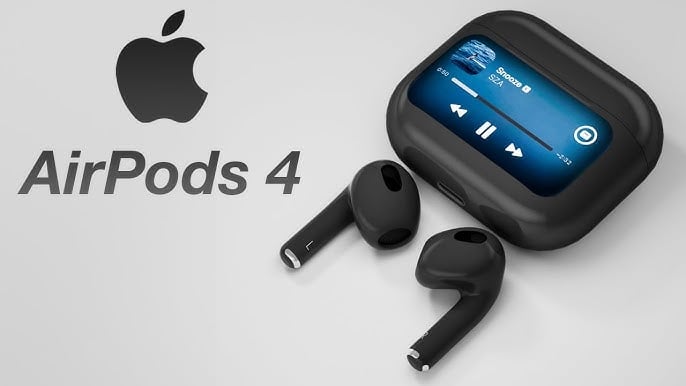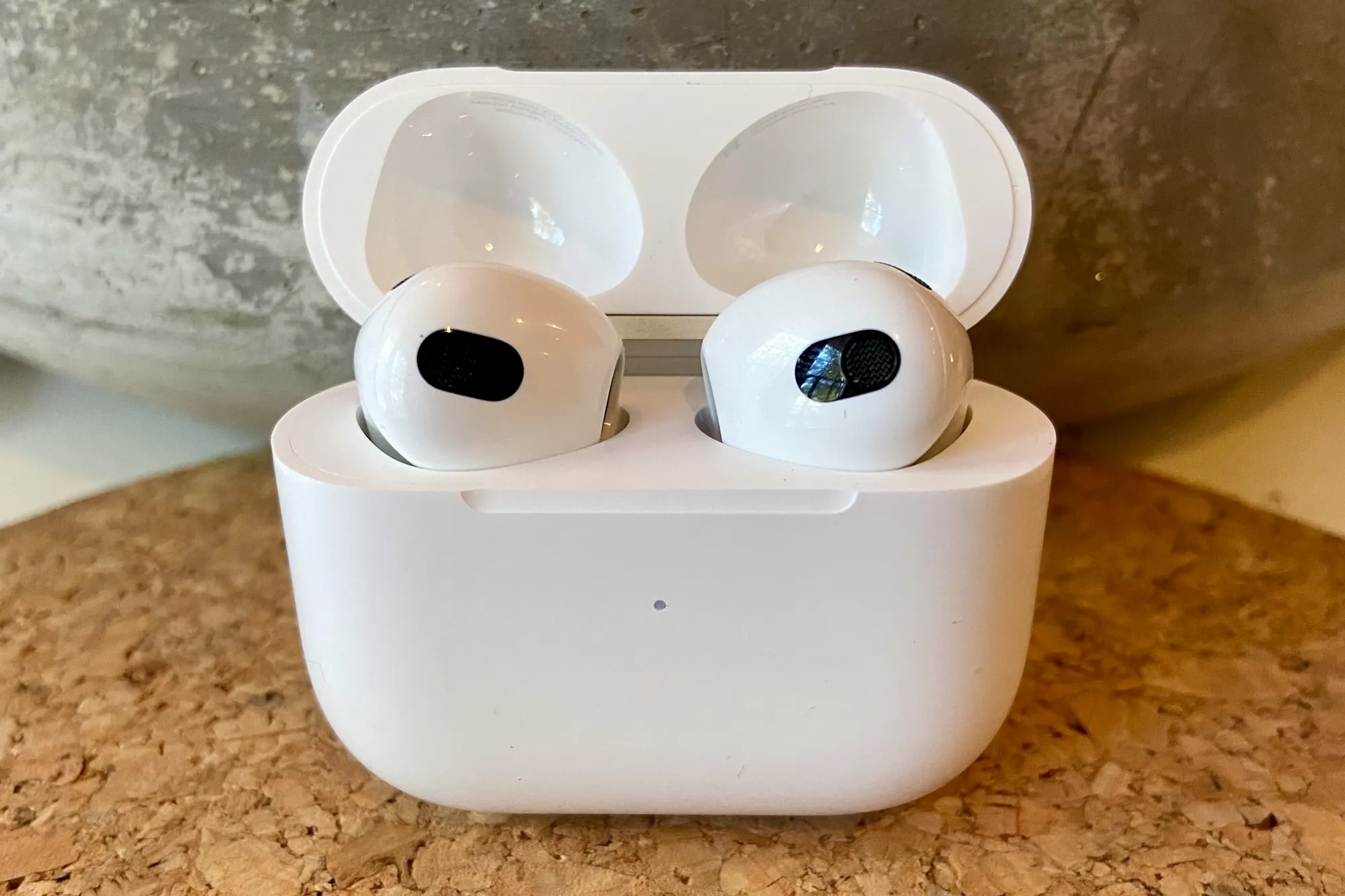The Pixel 8 Pro showcases a bold and practical design that stands out in a crowded market. Thanks to its full-width camera bar, it distinguishes itself from other smartphones, preventing the wobble typically caused by offset camera arrays on competing devices. This bar ensures the phone rests flat on surfaces like tables, making it more stable.

Google has refined the design over time. The original plastic camera bar from the Pixel 6 Pro was replaced with a more premium metal one on the Pixel 7 Pro. The Pixel 8 Pro has now taken that a step further by placing all the lenses within a single oval cutout, creating a cleaner and more streamlined look. While I like the updated design, I personally prefer the island-style camera bar used on the Pixel Fold and hope to see something similar on future models like the Pixel 9 Pro.
Additionally, Google made a subtle yet welcome change by switching back to matte glass on the back of the phone, as the glossy finish on the Pixel 7 Pro made it prone to fingerprints. This adjustment adds both aesthetic and practical value, though most users will still likely opt for a case to protect the device. Google’s new polycarbonate case is both attractive and comfortable, complementing the phone without adding unnecessary bulk.
Other key design elements from previous models continue with the Pixel 8 Pro. The phone remains an “all-screen” device with minimal bezels and a brushed aluminum frame that houses the antennas and SIM tray cutouts. However, as most users will likely cover their device with a case, these design choices are more about visual appeal than practical use.
Although the Pixel 8 Pro is slightly heavier than its predecessors and maintains the same large size, I now prefer larger smartphones like the iPhone 15 Pro Max. While the size makes one-handed use a challenge, especially when trying to reach the far top corner of the screen, this is a minor drawback for me.
Display
The Pixel 8 Pro features a 6.7-inch high-resolution OLED display with an elongated aspect ratio, vivid colors, and deep blacks. However, the most significant improvement is the flat display, which eliminates the annoying glare and accidental touches caused by the curved edges in previous models. Google is clearly proud of this change, even giving the display a new name: “Super Actua.” While the name might not be great, the display certainly is.
While the resolution has dropped slightly from 1440 x 3120 to 1344 x 2992, due to a negligible aspect ratio shift from 19.5:9 to 20:9, I doubt most users will notice. The flat screen is a far more noticeable and welcome improvement. As in previous models, I’ve opted to keep the default “high resolution” mode (1008 x 2244) instead of “full resolution” as it looks excellent and helps conserve battery life.
The Pixel 8 Pro also features a dynamic adaptive refresh rate, smoothly adjusting between 1 Hz and 120 Hz depending on the content. Unlike earlier models, I’ve kept this feature enabled since the improved battery life on this model means I haven’t had to turn off additional features to conserve power.
One standout feature is how bright the display gets, reaching up to 1600 nits for HDR content and a peak brightness of 2400 nits. It also includes an underrated “Extra Dim” setting, which allows for dimming beyond the usual minimum brightness, making nighttime use more comfortable and less taxing on the eyes.
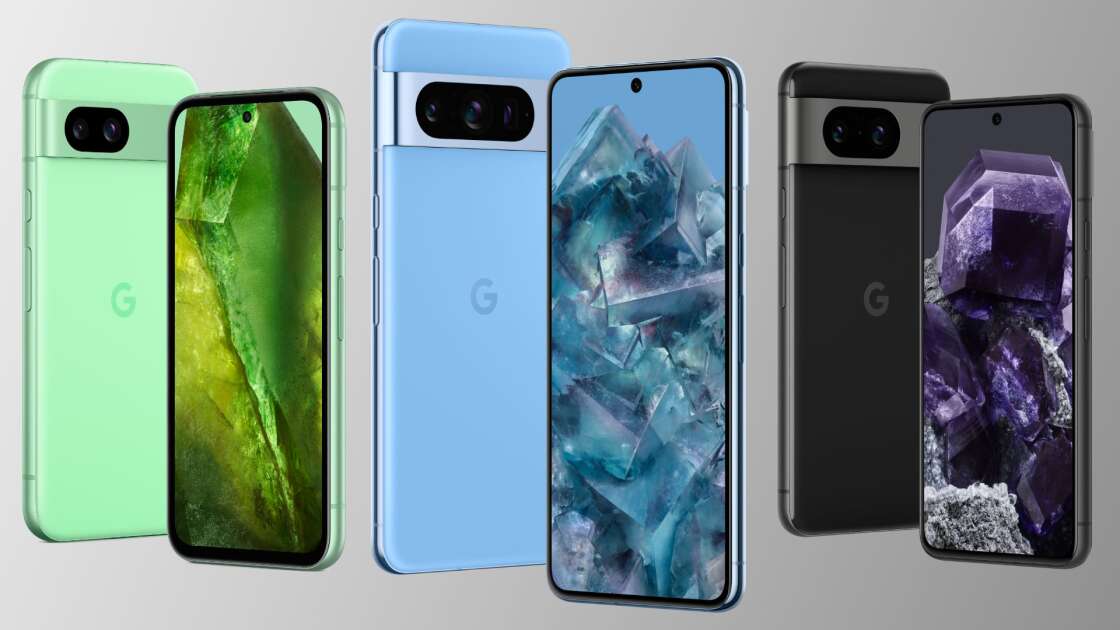
Hardware & Specs
The Pixel 8 Pro is powered by the new Google Tensor G3 processor, a system-on-a-chip (SoC) built with efficiency and AI optimization in mind. While benchmark tests show it lags behind top-performing chips like Qualcomm’s Snapdragon and Apple’s A-series, in real-world use, the phone is smooth and responsive, with no performance issues in over two months of use.
Improvements are noticeable in charging speed and heat management. Unlike its predecessors, the Pixel 8 Pro doesn’t get overly hot during charging, and the fast-charging experience now lives up to its name. The device supports up to 30W wired charging, allowing it to reach a 50% charge in just 30 minutes.
The Pixel 8 Pro comes with 12 GB of LPDDR5X RAM and is available with 128 GB, 256 GB, 512 GB, or 1 TB of UFS 3.1 storage. Prices start at $999 USD for the base model with 128 GB of storage, while higher storage options will cost you more: $1059 USD for 256 GB, $1179 USD for 512 GB, and $1399 USD for the 1 TB version.
Google now guarantees 7 years of OS version and security updates, matching the longest support cycle in the industry and giving Pixel 8 Pro users long-term peace of mind.
Cameras
Pixel phones are known for their outstanding camera performance, and the Pixel 8 Pro is no exception. It features a 50 MP Octa PD main camera, a 48 MP telephoto lens with 5x optical zoom, and a 48 MP ultra-wide lens. Combined with Google’s AI-driven computational photography, the results consistently surpass the competition, producing well-balanced images that avoid oversaturation or dullness.
Google has enhanced the camera experience by adding resolution options and manual controls. New portrait mode options and Pro controls provide more creative flexibility. The selfie camera, although not a major upgrade, is a 10.5 MP wide-angle lens that works well for those occasional front-facing shots.
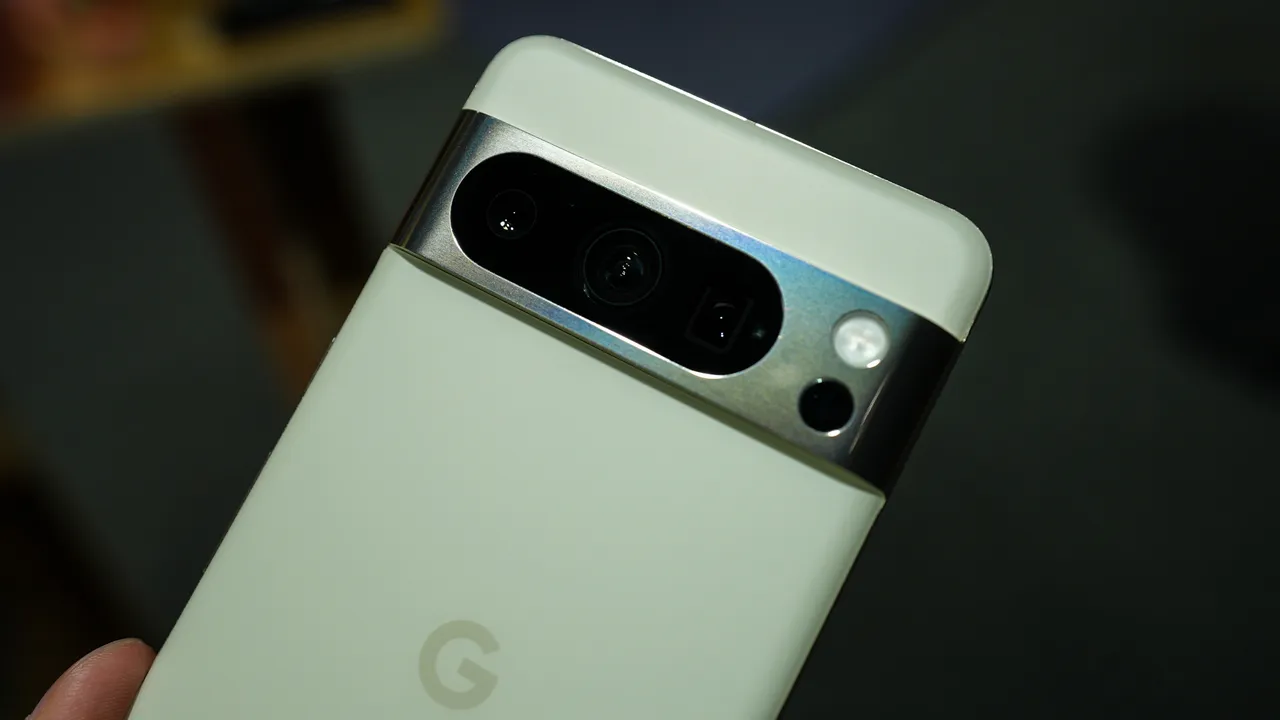
Battery Life
The Pixel 8 Pro’s 5050 mAh battery offers all-day battery life under normal use, with improvements in both fast charging and overall power management. It supports 30W wired charging and 23W wireless charging, with reverse wireless charging for powering other devices.
While its battery performance doesn’t yet match the iPhone’s, the Pixel 8 Pro’s fast charging can bring the phone to 50% in about 30 minutes, and a full charge takes around 80 minutes. Compared to earlier Pixels, this is a significant improvement.
Software
Pixel’s software experience is where it truly excels. Running a highly optimized version of Android, the Pixel 8 Pro includes a range of AI-driven features, from live call screening to spam protection and real-time translation. Google has integrated safety features such as car crash detection and emergency sharing, making the Pixel a reliable companion in both daily life and emergencies.
The UI remains clean and uncluttered, free from the bloatware that often plagues other Android devices, and these smart features surface only when needed, enhancing the overall user experience.
Pricing & Availability
As mentioned earlier, the Pixel 8 Pro starts at $999 USD for the base 128 GB model. The 256 GB model is priced at $1059 USD, 512 GB at $1179 USD, and the 1 TB variant tops out at $1399 USD. Despite a price increase of $100 over its predecessor, the Pixel 8 Pro remains one of the best values in the premium smartphone market, especially considering that the iPhone 15 Pro Max starts at $1199 USD and the Samsung Galaxy S24 Ultra at $1299 USD.
In conclusion, the Pixel 8 Pro delivers a no-compromise experience, offering premium features, excellent software, and a superior camera system at a competitive price.
